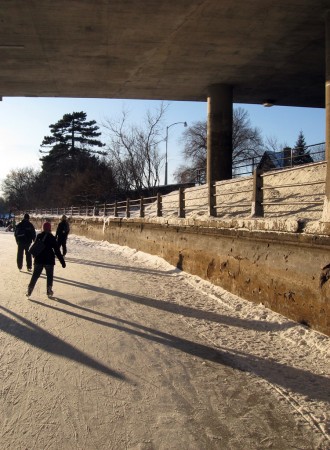Those following the news may find it interesting from a legal and historical perspective to read up on the precedents involving privileges and immunities within the Parliament of Canada.
The most authoritative text on the subject is probably House of Commons Procedure and Practice. It includes an entire chapter on privileges and immunities. It makes being a Member of Parliament sound pretty good, though the rights of the House as a collectivity far eclipse those of individual members.
If you really want to read up on the rules of Parliament – specifically the Confidence Convention – O’Brien and Bosc recommend:
For further information, see Forsey, E.A. and Eglington, G.C., “The Question of Confidence in Responsible Government”, study prepared for the Special Committee on the Reform of the House of Commons, Ottawa, 1985. Also of interest are the First and Third Reports of the Special Committee on the Reform of the House of Commons (the McGrath Committee) respectively presented to the House on December 20, 1984 (Journals, p. 211) and June 18, 1985 (Journals, p. 839), as well as Desserud, D., “The Confidence Convention under the Canadian Parliamentary System”, Canadian Study of Parliament Group: Parliamentary Perspectives, No. 7, October 2006.
Or you could have a life and not be a total procedural nerd – your choice.


